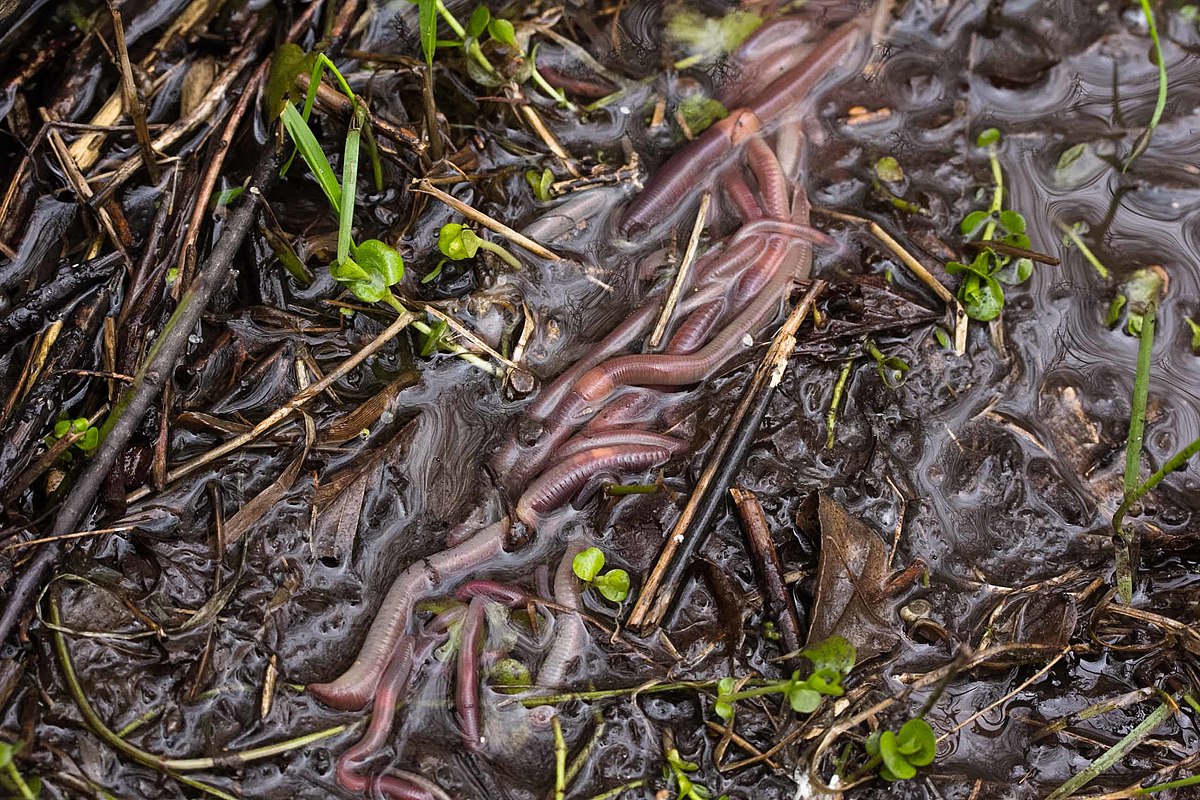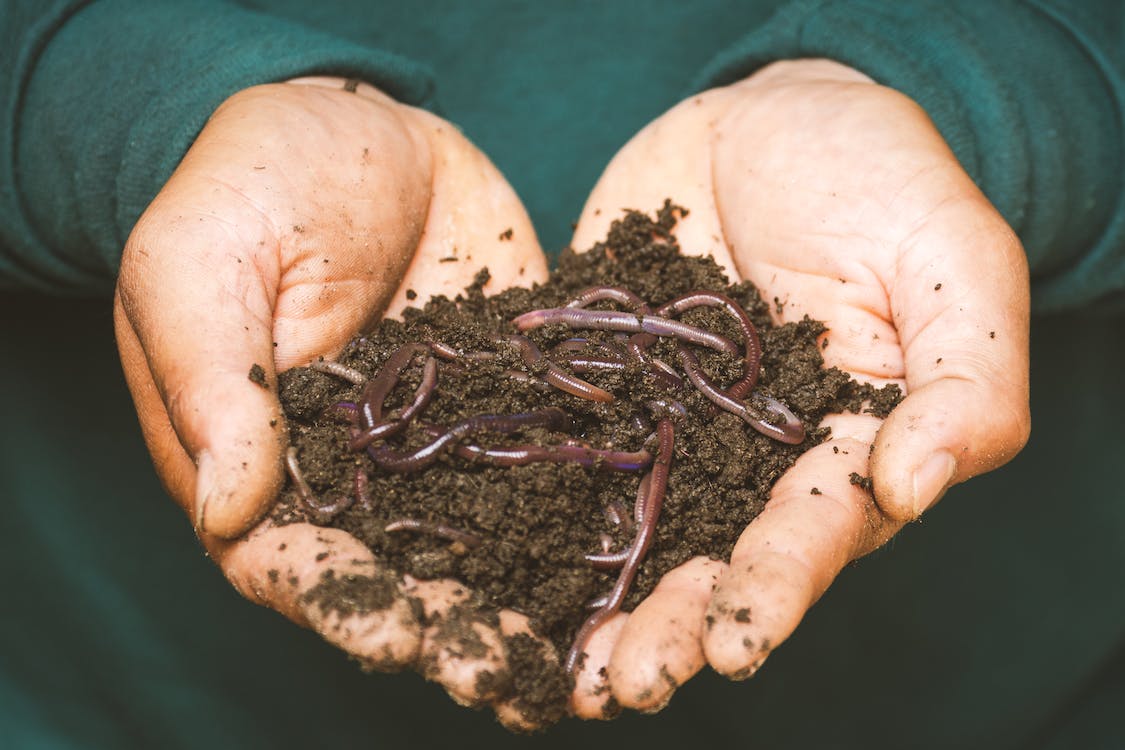You have probably seen them after a rainy day, emerging from the soil in gardens, parks or forests. We’re talking about worms. These small, slimy creatures have a crucial role in our ecosystem, but have you ever wondered exactly what do worms eat? Their nutrition depends on their habitat. Let’s dive into the fascinating world of worms and their eating habits.
Worms: Surface Dwellers and Subterranean Connoisseurs

Surface-dwelling worms enjoy a buffet of various organic substances. Naturally shed foliage and the rotting remnants of plants make their day. Microorganisms residing in this decaying matter offer rich sources of nutrients to these worms. A completely different scenario awaits worms that burrow deeper into the earth. Their diet mainly comprises the soil surrounding them; yes, you read that right. Within dirt, they find a universe of algae, fungi, and bacteria they relish.
From Food to Fertilizer: The Worm Digestion Process
Not having teeth doesn’t stop worms from enjoying their meals. Thanks to their biology, moisture in their mouth and gizzard helps to break down the food. Post consumption, the nutrients get into their bloodstream, ensuring they stay healthy and moist. You might ask, why moist? Because moisture is vital to their survival. A dry worm is a dead worm, essentially.
What’s left after digestion is worm cast (excretions), which is nothing short of magic dust for plant growth. It’s a fertilizer rich in nutrients making your plants thrive. Talk about perfect symbiosis!
The Culinary Preferences of Domestic Worms

Apollo chef of the Worm World
When we switch our focus to worms you may keep at home, the question transforms into “What Do Worms Eat?” worms relish several readily available kitchen scraps. Here are a few items you can offer to your wriggly pets:
- Fresh vegetable leftovers, including potato peelings
- Coffee grounds and used tea bags (Who knew they loved caffeine, too?)
- Grass clippings, fallen leaves, and organic garden soil
- Even hair collected from your brush (in small quantities, of course)
Food Items You Should Avoid
While worms seem to eat a good deal, there are some no-nos when it comes to feeding them. Acidic fruit peels, meats, dairy products, wax paper, or bones are not suitable for your worm’s diet. Such items only lead to foul odor and attract pests.
In a nutshell, the diet of worms is surprisingly diverse. They play a crucial role in breaking down organic matter, contributing to nutrient cycling, and promoting overall soil fertility. The next time you see a worm, remember that it’s a tiny but essential gardener working tirelessly to keep our planet healthy.
Related Resources: